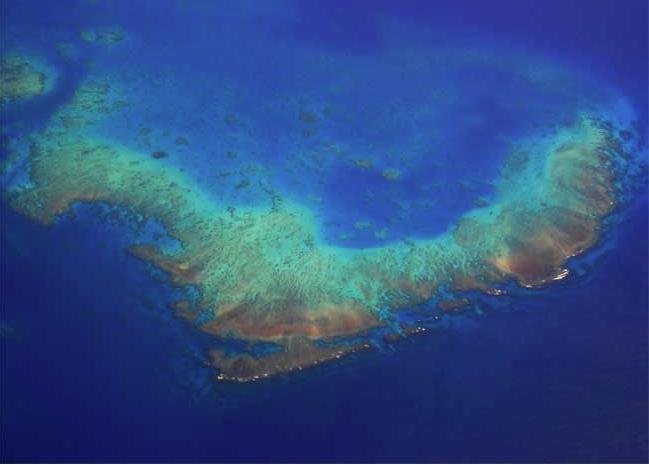LIVERMORE, Calif., Aug. 21 (UPI) -- Many marine species will be harmed or won't survive if carbon dioxide level increases persist in the world's oceans, U.S. and Australian researchers say.
The scientists argue current protection policies and management practices are unlikely to be enough to save the species. They say unconventional, non-passive methods to conserve marine ecosystems need to be considered if various marine species are to survive.















